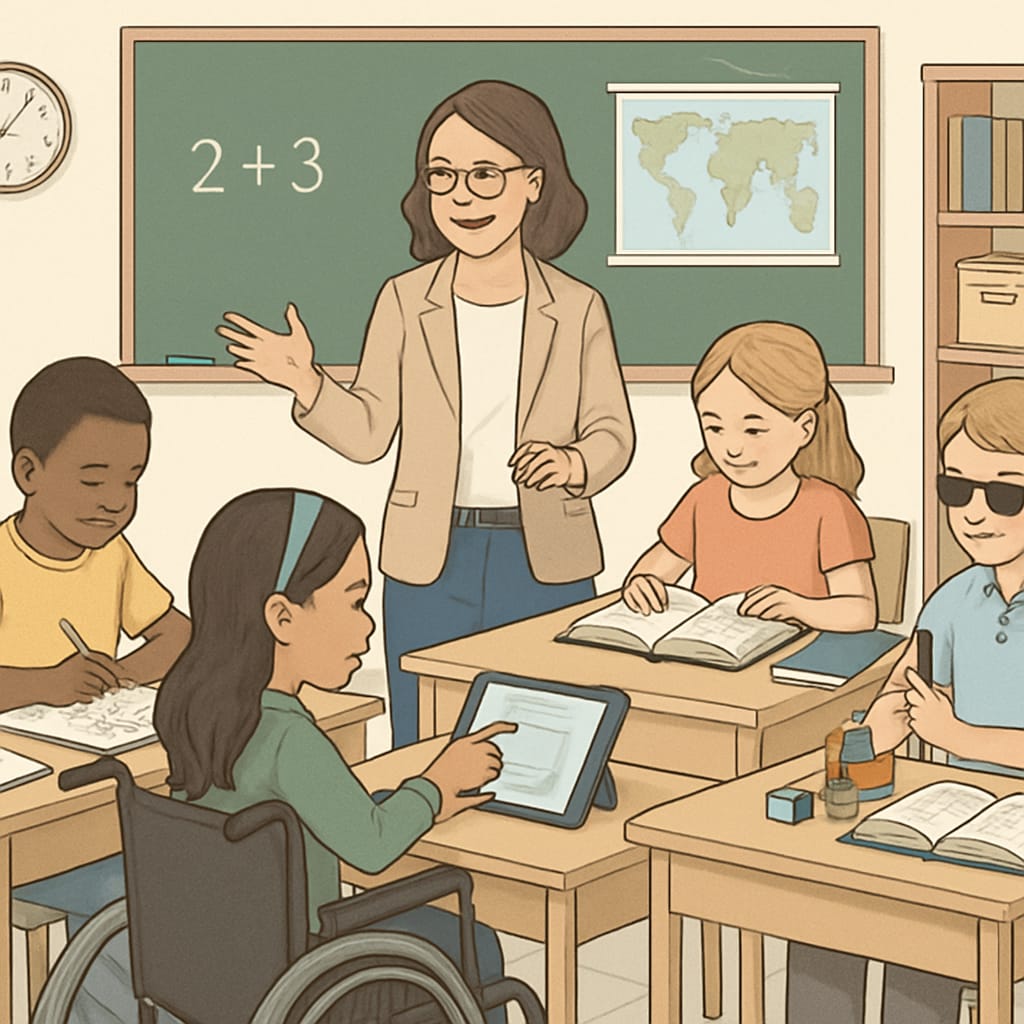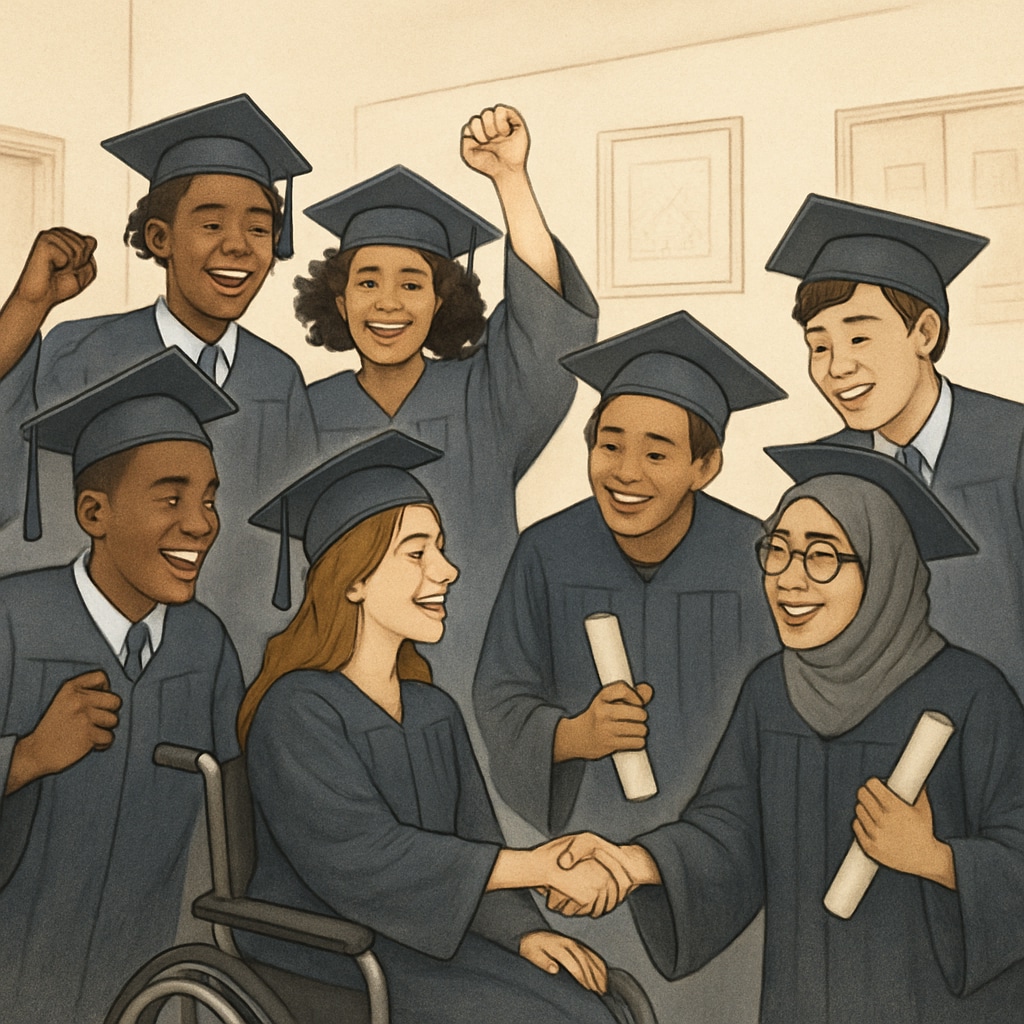The concept of “modified high school diplomas” has sparked debates within the education system. While these diplomas were designed to accommodate students with unique learning needs, they often come with unintended consequences. Many students holding modified diplomas report feelings of regret, shame, or inadequacy upon graduation. This raises important questions about how education systems evaluate students and whether these standards align with the goal of fostering diverse talents.
Understanding Modified High School Diplomas
Modified diplomas differ from standard diplomas in that they indicate adjustments made to curriculum requirements. These adjustments are often tailored to students with disabilities or those who struggle to meet traditional academic benchmarks. While such provisions aim to create inclusivity, the label “modified” may inadvertently stigmatize recipients. The societal perception of these diplomas as “less than” standard diplomas contributes to the emotional burdens many students face.

For example, a student with a modified diploma may find it difficult to explain their qualifications to prospective employers or higher education institutions. The lack of standardization in how modified diplomas are perceived further complicates this issue. In many cases, these students are left with both career limitations and emotional struggles rooted in how their achievements are valued.
The Emotional Toll of Regret and Shame
Graduating with a modified high school diploma often leads to mixed emotions. While students may feel a sense of accomplishment, they also frequently encounter feelings of regret or inadequacy. These emotions are primarily driven by the perception that their diploma does not “measure up” to traditional standards.
Research indicates that individuals with modified diplomas face higher rates of self-doubt and lower self-esteem compared to their peers. This issue is compounded when these students struggle to access opportunities for further education or employment. The stigma surrounding modified diplomas can lead to a cycle of internalized shame, which impacts not only the individual but also their long-term success and well-being.
Rethinking the Education Evaluation System
To address the challenges associated with modified diplomas, education systems must reevaluate their approach to student evaluation. A one-size-fits-all model of education no longer serves the diverse needs of modern learners. Instead, a more inclusive and flexible system should be adopted. Here are some potential solutions:
- Focus on Competency-Based Learning: Shift the emphasis from standardized testing to assessing real-world skills and competencies. This would allow students to demonstrate their abilities in practical and meaningful ways.
- Eliminate Stigmatizing Labels: Reframe how diplomas are categorized to avoid creating hierarchies among students. For instance, using terms like “personalized learning diploma” instead of “modified diploma” could reduce negative perceptions.
- Expand Post-Graduation Support: Provide tailored career counseling and skill development programs for students with non-standard diplomas to help them transition into the workforce or higher education.
These changes would not only benefit students with modified diplomas but also create a more equitable education system overall. By recognizing and valuing diverse forms of achievement, society can better support all learners in reaching their full potential.

Conclusion: A Call for Change
The struggles tied to modified high school diplomas highlight a broader issue within education systems: the need for more flexible and inclusive evaluation methods. Students should not feel regret or shame for graduating with a diploma that reflects their unique learning journey. Instead, education systems must work to normalize diverse forms of achievement and remove the stigma surrounding non-standard diplomas. By fostering an environment where all students are valued, we can pave the way for a more inclusive and supportive future.
In the end, the goal of education should not be to fit every student into the same mold but to empower them to thrive as individuals. It is time to rethink how we evaluate and celebrate success in education.
Readability guidance: This article follows a clear structure with short paragraphs and lists to improve readability. Transition words like “however,” “in addition,” and “for example” are used throughout to ensure smooth flow. The article also balances emotional appeal with actionable solutions, making it both engaging and informative.


